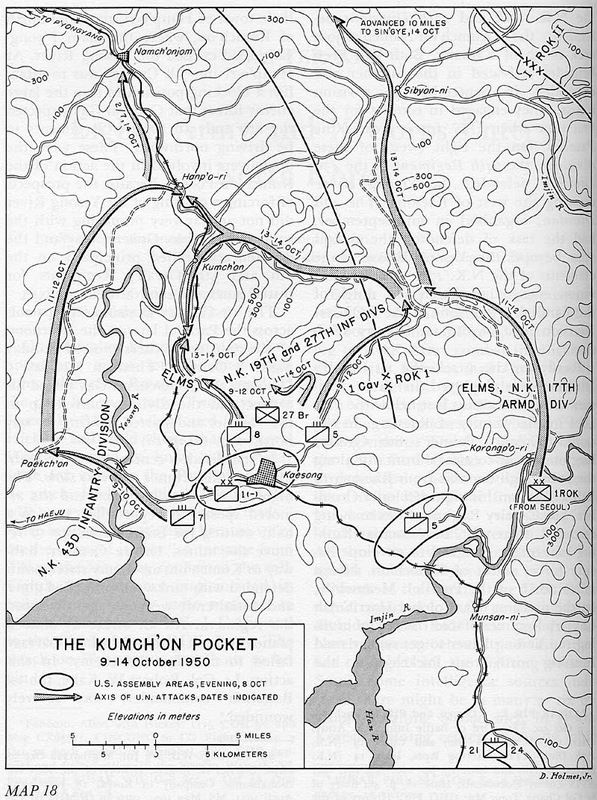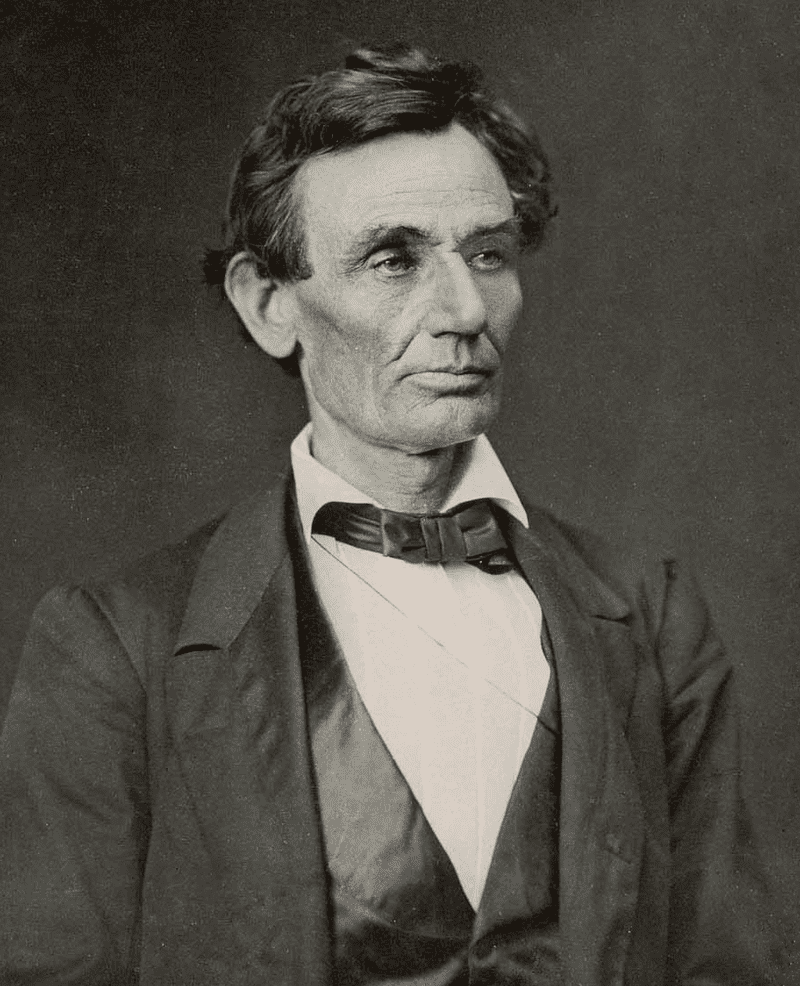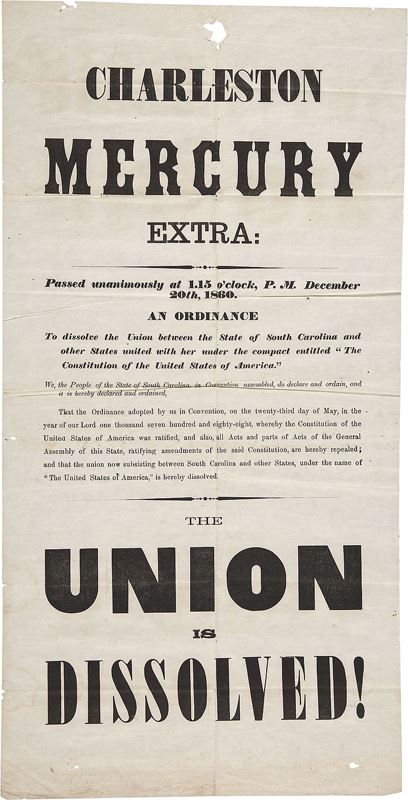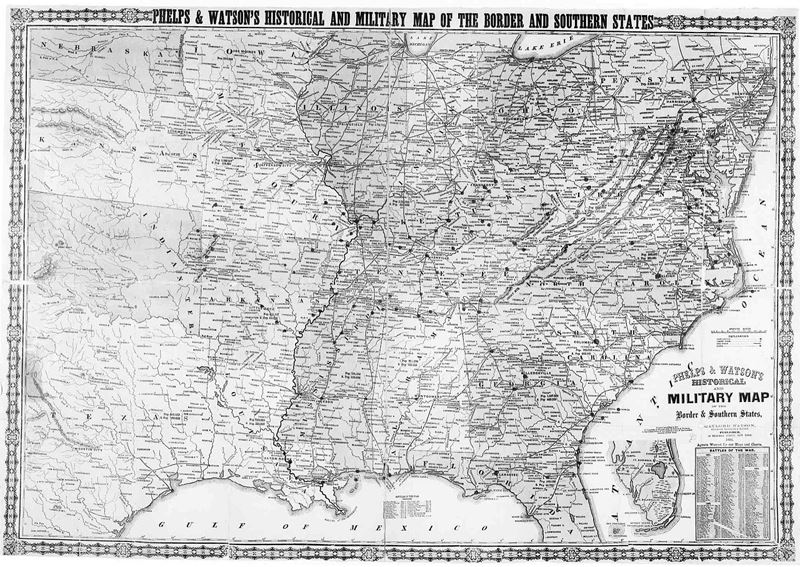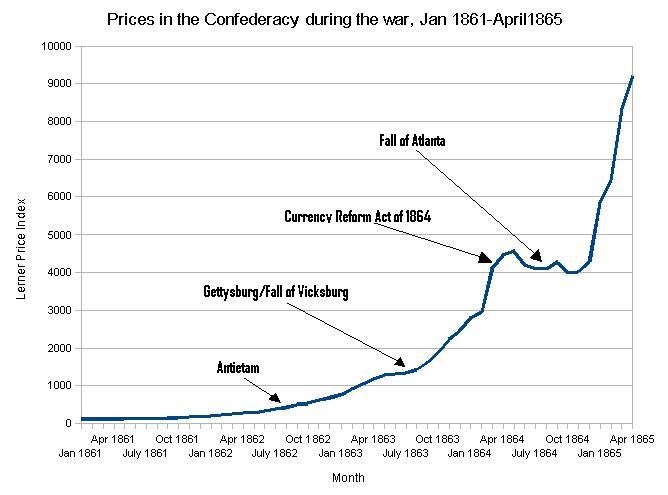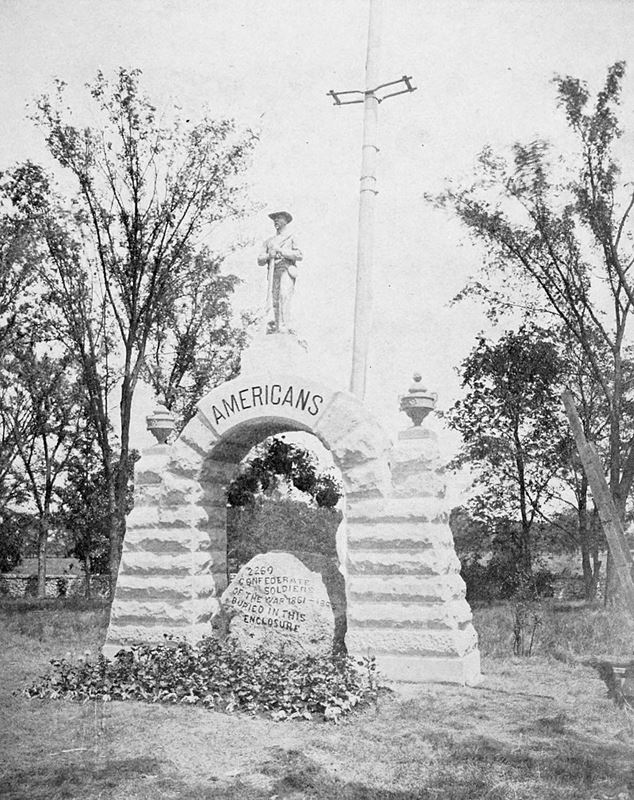The UN offensive into North Korea was a large-scale offensive in late 1950 by United Nations (UN) forces against North Korean forces.
On 27 September near Osan UN forces coming from Inchon linked up with UN forces that had broken out of the Pusan Perimeter and began a general counteroffensive. The North Korean Korean People’s Army (KPA) had been shattered and its remnants were fleeing back towards North Korea. The UN Command then decided to pursue the KPA into North Korea, completing their destruction and unifying the country. On 30 September Republic of Korea Army (ROK) forces crossed the 38th Parallel, the de facto border between North and South Korea on the east coast of the Korean peninsula and this was followed by a general UN offensive into North Korea. Within one month UN forces were approaching the Yalu River, prompting Chinese intervention in the war. Despite the initial Chinese attacks in late October-early November, the UN renewed their offensive on 24 November before it was abruptly halted by massive Chinese intervention in the Second Phase Offensive starting on 25 November.

